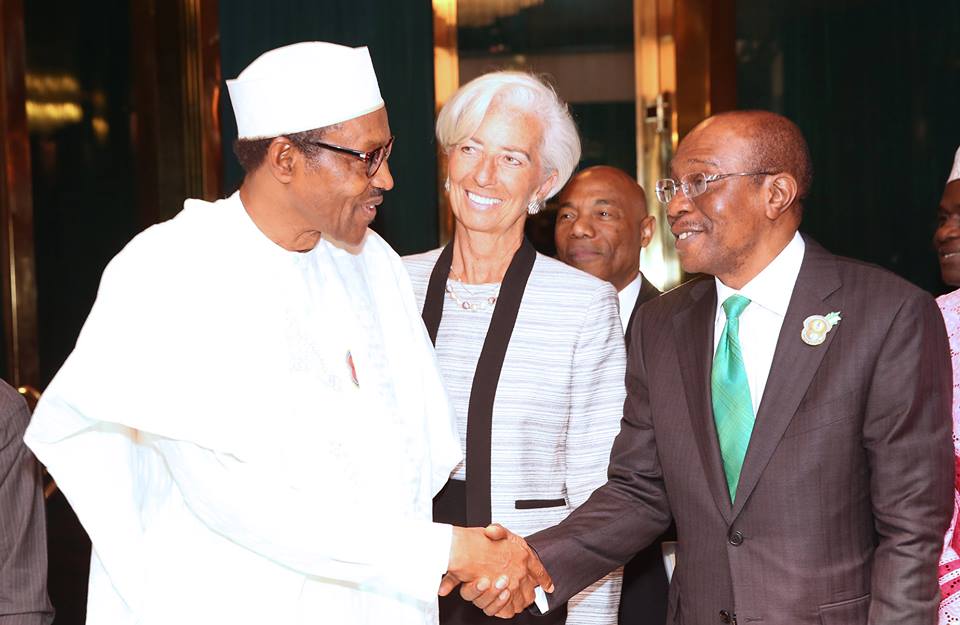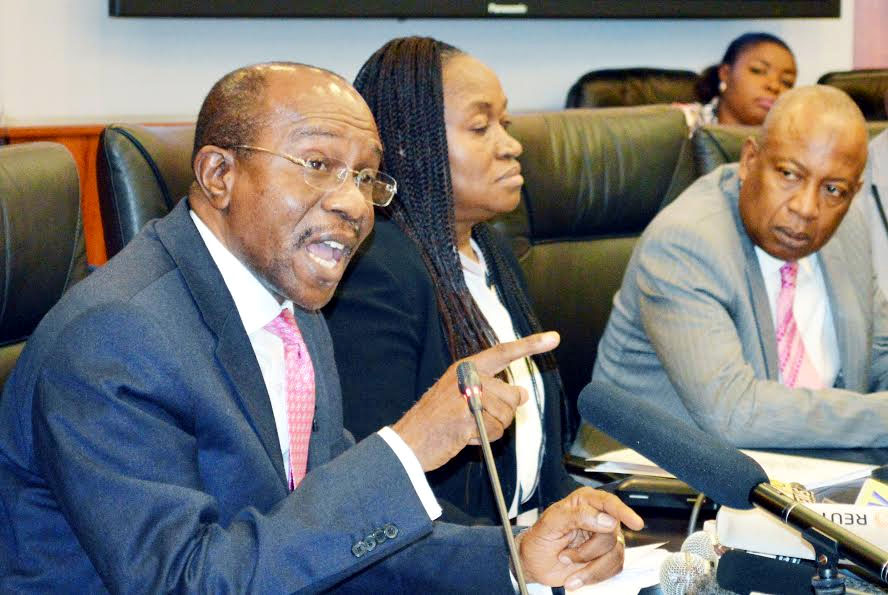The international Monetary Fund (IMF) sees the Nigeria’s new foreign exchange policy as a welcome development, but calls for caution.
Speaking at a press conference in Washington DC, Gerry Rice, IMF spokesman, said the decision taken by the Central Bank of Nigeria (CBN) to remove the currency peg is an important step for the economy.
“On Nigeria, however, I think the announcement yesterday, to revise the guidelines for the operation of the Nigerian interbank foreign exchange market, is an important and welcome step to allow greater flexibility in that market, in the foreign exchange market,” he said.
“The new system comes into effect on Monday, and we need to wait and see how effectively the market functions going forward.
Advertisement
“As we have said before, the significant macroeconomic adjustment that Nigeria urgently needs to eliminate existing imbalances, and support the competitiveness of the economy is best achieved through a credible package of policies involving fiscal discipline, monetary tightening, a flexible exchange rate regime, and structural reform, allowing the exchange rate to better reflect market forces is an integral part of that adjustment.”
In her speech on Thursday, Christine Lagarde, managing director of the IMF, once more called on Nigeria to adopt a flexible exchange rate system – after the country had announced the flexible policy.
The speech, which was delivered in Oslo, Norway highlighted the policy direction of Kazakhstan, and the need to allow some depreciation in Nigeria.
Advertisement
“Most countries cut government spending sharply and reduced investment, in the energy sector and elsewhere. Exchange rates were allowed to depreciate,” the IMF boss said.
“Think of the 25 percent real effective depreciation in Brazil or the 15 percent depreciation in Russia.
“A few countries had to go further and abandon fixed exchange rates, such as Kazakhstan – a country I just visited – and others should also do so, such as Nigeria. These changes helped reduce the need for excessive fiscal adjustment – by limiting the domestic currency loss of commodity revenues.”
Advertisement







